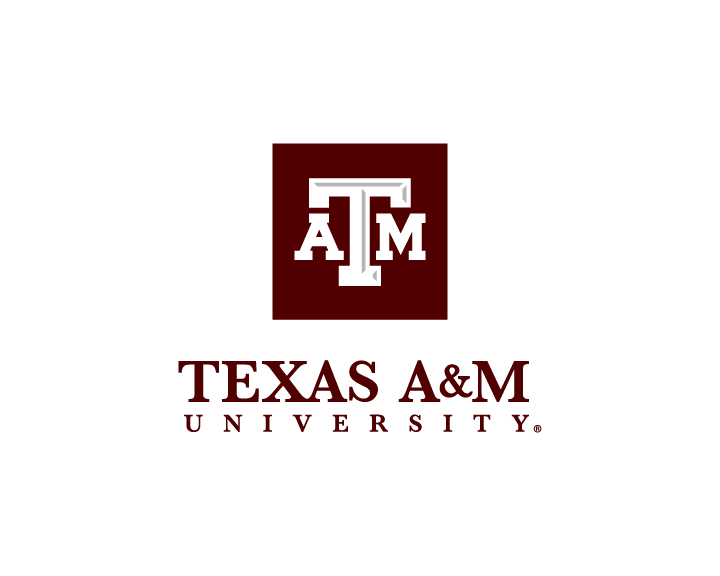Texas A&M Nurtures Future Leaders In Food, Climate And Sustainable Agriculture
Texas A&M University honors students are preparing to tackle global challenges in agriculture with support from a $168,000 grant from the United States Department of Agriculture’s National Institute of Food and Agriculture.
Texas A&M is partnering with Virginia Tech, Oklahoma State University (OSU) and South Dakota State University, which collectively received almost $750,000 in grant funds, to host a nationwide network of 14 institutions geared to prepare students with systems thinking and career readiness — vital for work in food, agriculture, and natural and human sciences. More than 500 undergraduate students from across the country will participate.
The “Grand Challenge Scholars Institute” project is spearheaded at Texas A&M by Dr. Mary Bryk, associate professor of biochemistry and biophysics and associate dean for academic affairs in the College of Agriculture and Life Sciences, and Dr. Jonathan Kotinek, director of Texas A&M’s Honors Program in LAUNCH.
“This is an exciting opportunity for our students to benefit from the shared expertise and collaborative work of scholars across the nation and to build an appreciation for the complex nature of challenges facing our world,” Kotinek said. “Our hope is that students who take part in the Grand Challenge Scholars Institute will be inspired to continue pursuing answers in graduate school, industry, public policy — any and all spheres that they can imagine.”
Over the course of the three-year project titled, “The Justice Challenge: Engaging Students in the Future of Food, Climate, and Sustainable Agriculture,” participating institutions will collaborate in exploring an annual grand challenge theme related to USDA priority areas. Food justice, climate justice and sustainable agriculture are the yearly themes.
Each year a new cohort of honors students will participate in the Grand Challenge Scholars Institute which begins with a colloquium, introducing the students to the theme and to each other. Then, students will participate in their choice of a signature experience — field experience, design challenge or hackathon. Each one-year Institute concludes with a conference to showcase the students’ work and enhance networks between students and leading experts.
“A goal of this USDA project is to increase the number and diversity of university graduates who enter the workforce or graduate school well-equipped to analyze and solve difficult problems using holistic, innovative and disciplined approaches,” Bryk said. “I expect that this program will have a long-lasting positive impact and I am thrilled to be involved.”
Joining the host institutions of Texas A&M, Virginia Tech, OSU and South Dakota State are a network of participating schools that include: the University of Toledo, University of Louisville, University of Montana, Virginia State University, Northern Illinois University, California Lutheran University, Binghamton University – SUNY, Southern Illinois University, University of Illinois-Chicago and the University of Texas Rio Grande Valley.

